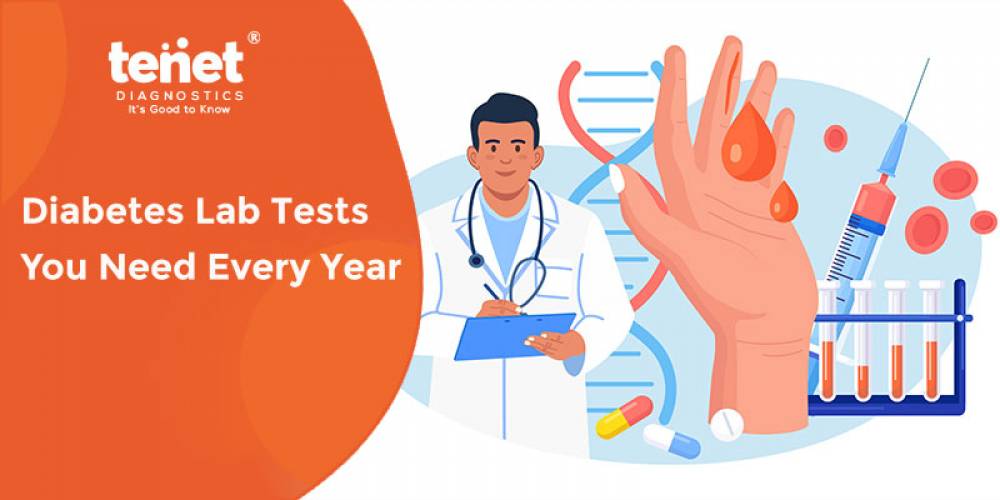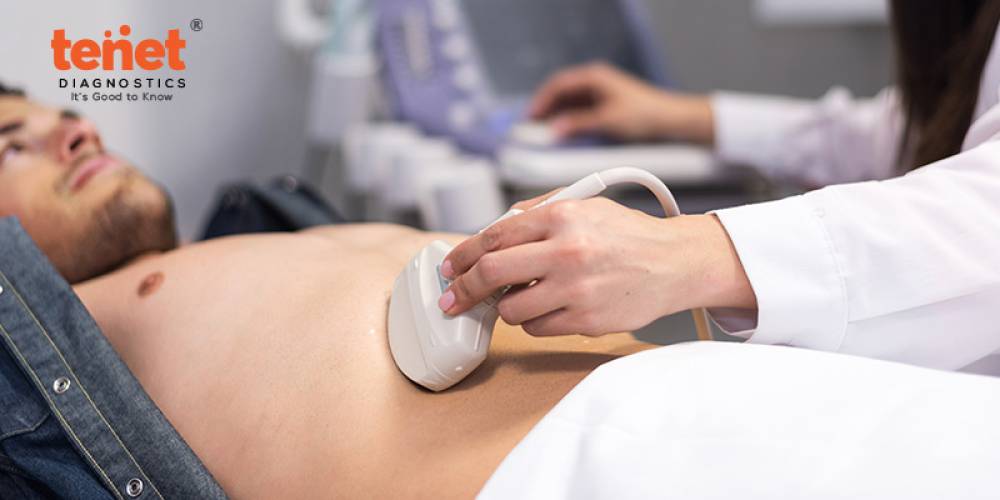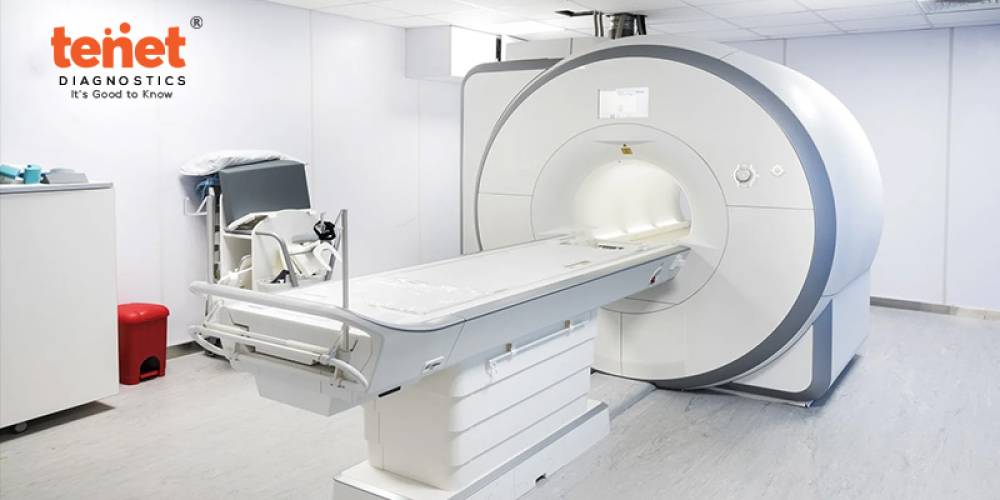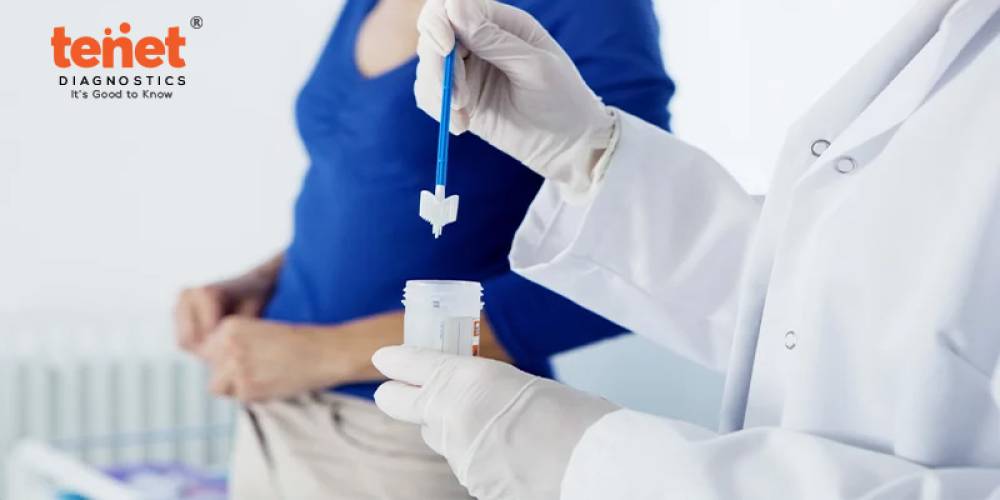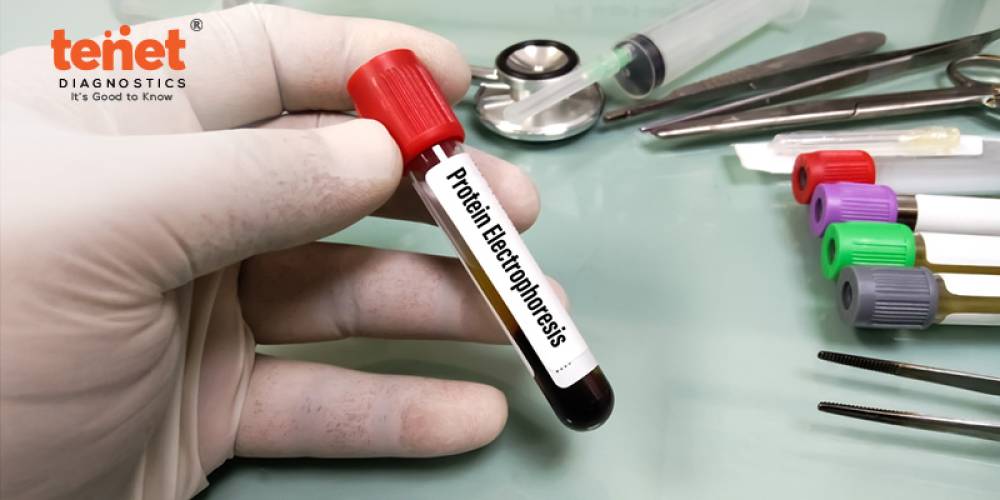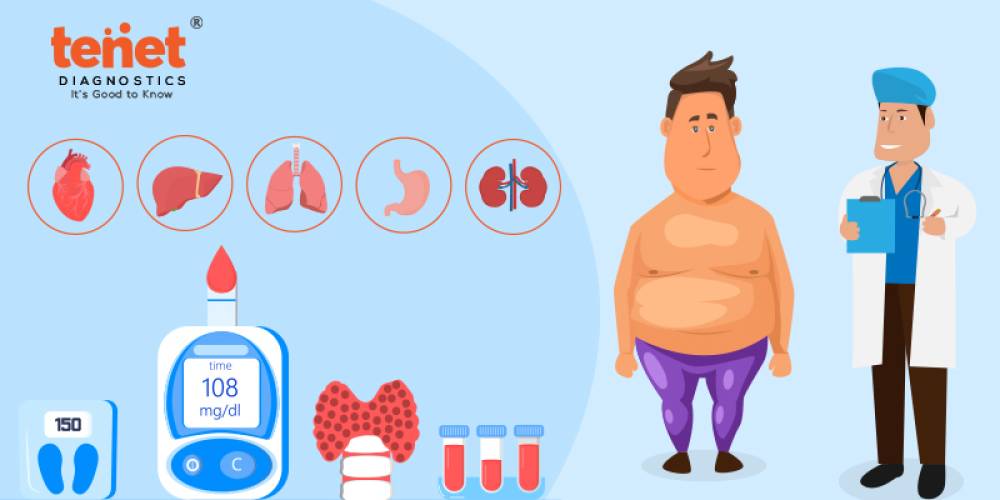You can get diabetes if your blood glucose level, referred to as blood sugar, is too high. Blood glucose, derived from food, is your primary energy source. The pancreas makes the hormone insulin, making it easier for your cells to absorb glucose from food and use it as fuel. However, sometimes your body doesn't generate enough insulin; following that, glucose does not enter the cells but stays in your bloodstream. Having excess sugar in the blood can eventually cause health problems. Although there is no cure for diabetes, you may control it and keep yourself healthy.
Types Of Diabetes
Type one diabetes:
The bodies of the people affected with type 1 diabetes cannot produce insulin naturally. The cells in the pancreas which produce insulin are targeted and destroyed by your immune system. Although type 1 diabetes can arise at any age, it typically manifests in young people and adolescents. Individuals with type 1 diabetes require to take insulin daily to stay alive.
Type two diabetes:
Type 2 diabetes might not use or produce insulin well. The onset of type 2 diabetes may happen at any age, even in infancy. However, the likelihood of developing this type of diabetes is highest among people in the middle decades, and older type 2 diabetes is the most common.
Gestational diabetes:
During pregnancy, gestational diabetes can develop women. This kind of diabetes often goes away after delivery. However, your chance of developing type 2 diabetes in later years increases if you have had gestational diabetes. Occasionally, type 2 diabetes may be found during pregnancy.
Who Develops Type 2 Diabetes?
If you are overweight, older than 45, or have relatives with a history of diabetes, you are more certain to acquire type 2 diabetes. Your bodily inactivity, race, and medical conditions like high blood pressure also influence your likelihood of getting type 2 diabetes. In addition, if you have diabetes or had diabetes during pregnancy while you were pregnant, you are also more likely to acquire type 2 diabetes. Find out more about the dangers of type 2 diabetes.
Diabetes Lab Tests Recommended To Do Every Year:
Generically, eight lab tests will efficiently provide you with the healthcare and results you need for optimal well-being:
1. HbA1C test:
This crucial blood test gauges how well the blood sugar level is being controlled by calculating the average blood sugar levels in the past three months. You ought to have this test performed twice a year. HbA1C values should be as low as or as near as practicable to 7%.
2. Blood pressure tests:
Diabetes increases the chance of high blood pressure, raising your heart attack and stroke risk. Whenever you visit your primary care physician, have your blood pressure taken. The blood tests will be carried out before fasting and after fasting.
3. Cholesterol test:
It's crucial to undergo a blood test to evaluate cholesterol as part of yearly exam or more frequently if the cholesterol levels are high since having diabetes increases the likelihood of heart disease.
4. Foot test:
Diabetes will cause the lower limbs and feet of 50% of patients to lose feeling. Make careful you obtain a thorough foot exam at each visit to the doctor. Your physician will examine your reflexes and look for calluses, infections, sores, and lack of feeling in your feet. Your general care physician can perform the examination, but you should visit a podiatrist for any issues, like an ulcer.
5. Eye exam:
Get an annual eye exam performed by an ophthalmologist, who will dilate your eyes to check for any blood vessel damage brought on by high blood sugar. Your vision can be preserved by looking for early indicators of glaucoma, cataracts, and diabetic retinopathy.
6. Kidney test:
The microalbumin test calculates the level of creatinine, a waste product, and compares it to the amount of albumin, a protein, in the urine you produce. Your doctor can tell whether your kidneys are working correctly by looking at the albumin-to-creatinine ratio. At least every year, get this exam. Your primary care physician may carry it out.
7. Dental exam:
A less well-known consequence of diabetes is gum disease. Severe cases can make it more difficult for you to manage your blood sugar and lead to infections and other medical issues. Every six months, schedule a routine cleaning with your dentist and maintain good oral hygiene at home by brushing and flossing daily.
8. Electrocardiogram:
Because diabetes patients often experience atypical heart disease symptoms that might be challenging to diagnose. Ask your doctor about getting an ECG if you're over 50 to assess the health of your heart. Instead of chest pain, people with diabetes may experience numbness or an off feeling in their arms, chest, or jaw.
Always remember to choose a reputable diagnostic center for maximum safety and cleanliness. Choosing the right center diagnostic center to provide you with services is quite important. To attain the services of the best diagnostic center in Hyderabad, contact tenet diagnostics.
How To Live with Diabetes:
The onset of diabetes should in no way limit your life. You don't get good at dealing with diabetes overnight. You will figure it out step by step as you keep moving ahead. Given below are certain things you can follow to handle your diabetes and take care of yourself well:
1. Eat a well-balanced diet:
It always takes time to cook. Takeaways could be better for you, especially if you consume them regularly. A great trick to staying aware of everything you eat is taking pictures of the meals, which will also help you follow a controlled diet. Include a lot of veggies and lentils in your meals; this will help you stay longer and elevate the proteins in your body.
2. Be as active as you possibly can:
The best tool for managing diabetes is exercising or working out. You can start with small but significant steps, such as taking the stairs instead of the elevator. Another great way to keep a check on yourself is by investing in an activity tracker; with this, you can track your daily movements.
3. Avoid getting stress:
Stress, to an extent, is inevitable. In the fast-paced, competitive world, the focus is apparent. However, do your best to stay calm. Little steps of success make it easier to achieve a bigger goal.
4. Be self-aware of your condition:
Make sure you get yourself tested and checked regularly. Be sure to attend your appointments or postpone them. It is vital to understand your condition in depth. For example, discuss with your doctor what food you can incorporate into your meals and how much you must work out. Details like this might seem insignificant, but they can make a difference.
Final Thoughts:
Diabetes is a chronic disease characterized by high blood glucose or sugar levels. Not being treated can lead to serious health complications such as heart disease, kidney damage, and nerve damage. Hence individuals at risk or those with symptoms of diabetes need to get tested.
Frequently Asked Questions:
Can a blood test detect diabetes?
Yes, a blood test can detect diabetes. The common types of blood tests are plasma glucose test and HbA1c test. The plasma glucose test measures the blood sugar levels after fasting, that is when you have not eaten anything. The A1c test measures blood sugar levels over the two or three months.
Can you test for diabetes without blood?
Blood tests are common to check for diabetes however there are certain alternative tests that do not need blood samples. Some of them are urine tests and breath tests. It is important to understand that these tests provide some indication of presence of diabetes but cannot be used as the sole means to confirm diagnosis.
Can a non-fasting blood test detect diabetes?
Yes, non-fasting blood can detect diabetes. However, the results of this specimen may be less accurate than those of a fasting blood test because food and drink can affect blood glucose levels in the body.

